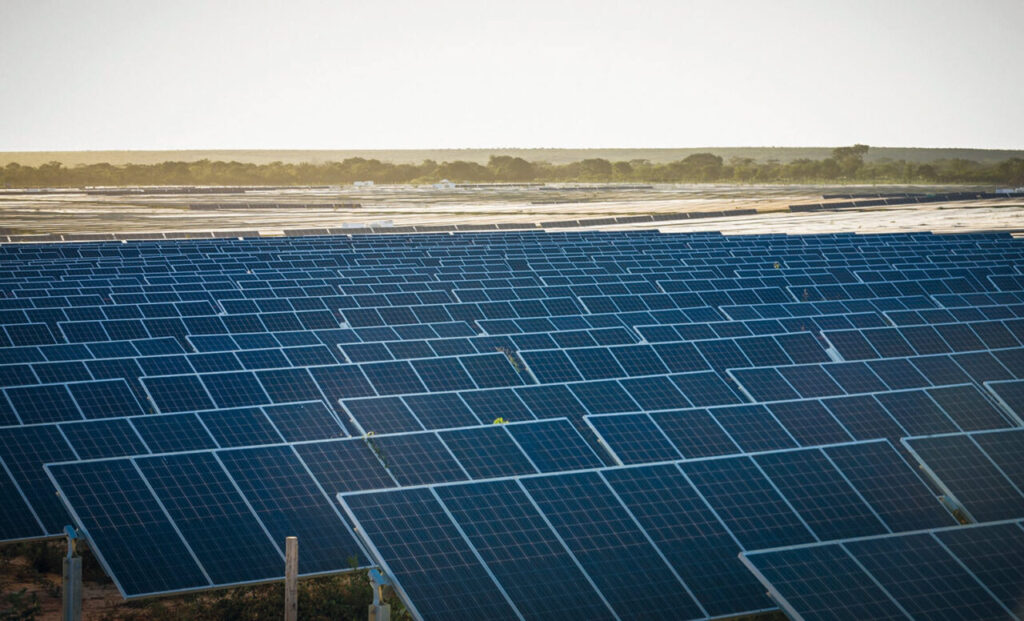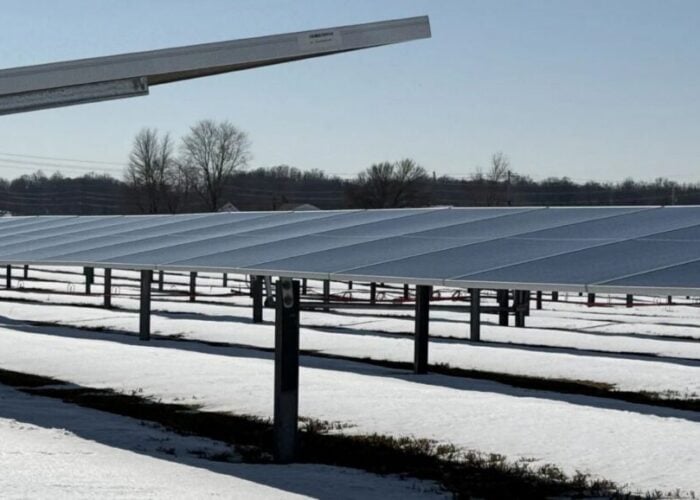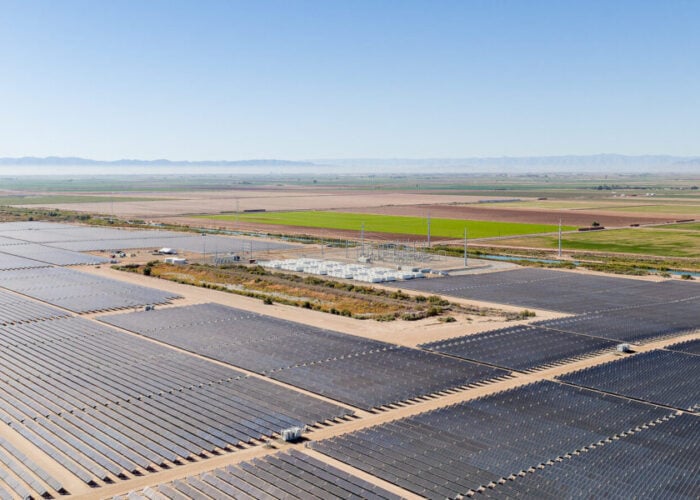
Italian energy utility Enel has issued a US$4.5 billion (€3.8 billion) bond seeking investment from “US and international” investors. The company claims this is the largest placement by a European utility in 2025.
Enel said the issue was three times oversubscribed, with total orders amounting to around US$14.4 billion, which it claimed reflected “the market’s recognition of the soundness and credibility” of its business strategy.
Try Premium for just $1
- Full premium access for the first month at only $1
- Converts to an annual rate after 30 days unless cancelled
- Cancel anytime during the trial period
Premium Benefits
- Expert industry analysis and interviews
- Digital access to PV Tech Power journal
- Exclusive event discounts
Or get the full Premium subscription right away
Or continue reading this article for free
Most notably, Enel said that the bond represents a move away from sustainability-linked financial instruments tied to decarbonisation or sustainability targets.
It said that 73% of its energy mix came from renewable sources in 2024, compared with 41% in 2015, and that its Scope 1 emissions were down by 72% compared with 2017.
As a result, it said it “no longer needs to resort to financial instruments linked to specific sustainability targets and will adopt an approach that will allow efficient access to global financial markets, continuing to align funding methods with its long-term sustainability objectives towards net-zero emissions, both direct and indirect, by 2040.”
The US$4.5 billion bond was backed by a syndicate of major US and European banks, including BNP Paribas, Bank of America, Citigroup, Crédit Agricole, Goldman Sachs, HSBC, IMI – Intesa Sanpaolo, J.P. Morgan Securities LLC, Mizuho, Morgan Stanley, Société Générale and Wells Fargo acting as joint bookrunners.
The bond was granted a provisional BBB rating by Standard & Poor’s, BBB+ by Fitch and Baa1 by Moody’s.
While Enel claims that the response to its bond issue – and its previous efforts to reduce its emissions and increase its share of renewables – allow it to move beyond specific sustainability finance vehicles towards “efficient” financial markets, other research complicates the situation.
April analysis from climate thinktank Reclaim Finance says that none of the major European utilities, including Enel, are on track for Net Zero targets. It claims that none of the continent’s leading utilities “has published a clear plan to transition away from fossil fuels, and seven of the companies intend to carry on burning gas well into the future.”
It also cites March research from another organisation, Ember, which found that EU gas supplies may be under-utilised in the 2030s as planned capacity expansions will exceed expected demand. Reclaim Finance said this excessive expansion would take away from potential investment in renewable energy sources.






